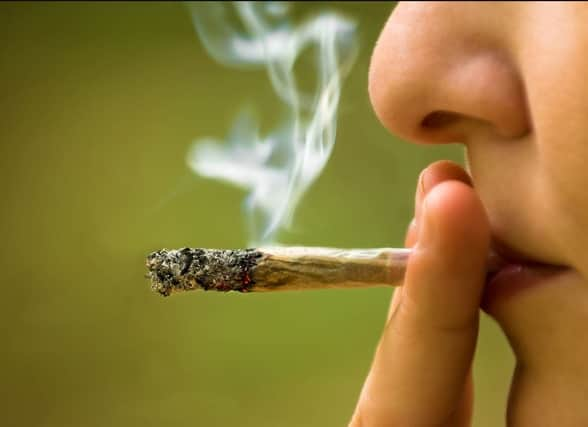If cannabis is getting stronger, why aren't cases of schizophrenia rising?


This article contains affiliate links. We may earn a small commission on items purchased through this article, but that does not affect our editorial judgement.
Most people who smoke pot enjoy it, but a smaller proportion experience psychotic-like symptoms, such as feeling suspicious or paranoid. The question that polarises researchers is whether smoking cannabis is associated with a risk of developing psychotic problems, such as schizophrenia, in the long term.
Of course, cannabis use is common, while schizophrenia is relatively rare, affecting less than one per cent of the population. Even if cannabis use were to double the risk, over 98% of cannabis users would not develop schizophrenia. Researchers have to tread carefully in evaluating the evidence and avoiding scaremongering.
Advertisement
Hide AdAdvertisement
Hide Ad

Although several studies suggest that cannabis users have a higher risk of developing schizophrenia, one key point remains hotly contested. Since the 1960s, cannabis potency and rates of use have risen in many Western countries with high-potency strains now dominating the market. If cannabis were a cause of psychosis, we would expect that, as this increased, rates of schizophrenia would increase alongside it. But this has not happened.
Still not settled
Although this topic was debated by two eminent British psychiatrists, David Nutt and Robin Murray, in The Guardian and by others in Nature, it remains contested whether a cause-and-effect relationship between smoking cannabis and schizophrenia truly exists.
Perhaps we lack sufficient records of schizophrenia cases to show a robust correlation. It has also been argued that not all effects follow causes. For example, although obesity in the West is increasing and is a known cause of heart disease, the risk of suffering fatal heart disease is going down. The reason for this is a third factor: treatments for heart disease have improved and are saving more lives. If cannabis potency is increasing and rates of schizophrenia are not, a similar third factor may explain this.


Perhaps the answer is in those brief experiences we have when we use cannabis. This week results from our online survey thecannabissurvey.com are published in Psychological Medicine.
Advertisement
Hide Ad